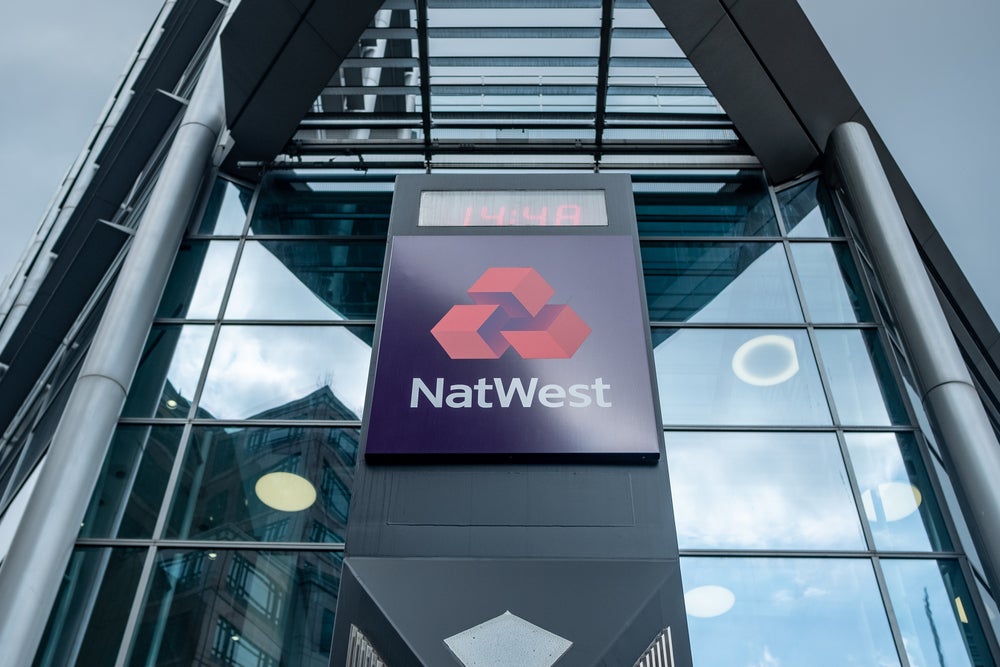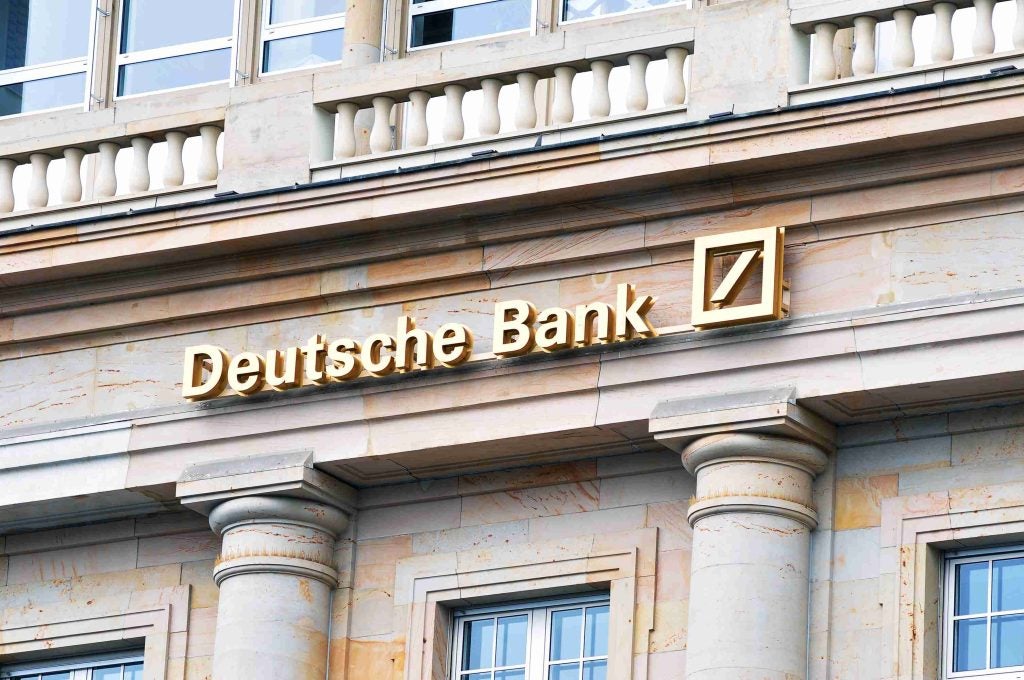The larger local banks in the GCC are approaching saturation in their home market and are starting to venture out to attractive markets such as Africa, according to EY’s GCC Wealth and Asset Management Report 2016.
The report, titled Global forces drive regional realities, says that Dubai in particular has emerged as an attractive hub for Africa, as Europe did for the GCC region some years ago.
EY MENA wealth and asset management leader George Triplow said: “Although market shares between local and international banks may fluctuate, the region is now arguably overbanked. With high levels of protection in the GCC markets, some of the larger local players are starting to focus on markets further afield. The UAE’s strong ties with African markets has encouraged a number of African businesses to use Dubai and the Dubai International Financial Center as an infrastructure hub.”
EY said given the sizable numbers of affluent families in the Gulf, the wealth management market in the region is extremely active and covers everything from family offices, ultra-high net worth and high net worth individuals and, increasingly, the growing affluent market.
Although European banks have historically had strong market share, serving clients who wished to send money out of the GCC for various reasons, it said however, people have begun to understand the importance of an onshore presence, and the European centres have lost attractiveness due to regulatory issues and rising compliance standards.
“While the trend to have family wealth managed externally had retreated in recent years, the oil price decline and challenging geopolitical situation in the region has encouraged a return to sending money out. Local private banks have recognized that they need a value proposition across different segments. They have been working hard to compete by recruiting experienced staff, including former relationship bankers from their rivals, and tailoring their offering to local needs, from Islamic investment products to tag-on lifestyle services, ranging from advice on philanthropy, to access to premium airport lounges. They also have an advantage in their ability to book locally, and their knowledge and relationship networks facilitate client onboarding,” Triplow continued.
How well do you really know your competitors?
Access the most comprehensive Company Profiles on the market, powered by GlobalData. Save hours of research. Gain competitive edge.

Thank you!
Your download email will arrive shortly
Not ready to buy yet? Download a free sample
We are confident about the unique quality of our Company Profiles. However, we want you to make the most beneficial decision for your business, so we offer a free sample that you can download by submitting the below form
By GlobalDataThe report noted that the regional retail wealth management sector faces the ongoing issue of lack of transparency and independence. High fees are often hidden in opaque commissions on funds and other products and advice shaped by narrow sales interests.
“We see many in the industry who would welcome commission disclosure across all financial products. The key would be to provide lower costs, genuinely independent advice and technology-supported portfolio diversification with a focus on passive funds and exchange-traded funds, rather than complex structured products,” Triplow added.
The report added that the wealth and asset management sector in the region has been slow to embrace the digital agenda, but that is now beginning to change across much of the industry.
“Many Gulf banks have already implemented sophisticated digital tools for retail banking, often with better capabilities than many Western banks. Some are now extending this to wealth management, although so far largely just for informational rather than transactional purposes,” Triplow concluded.







